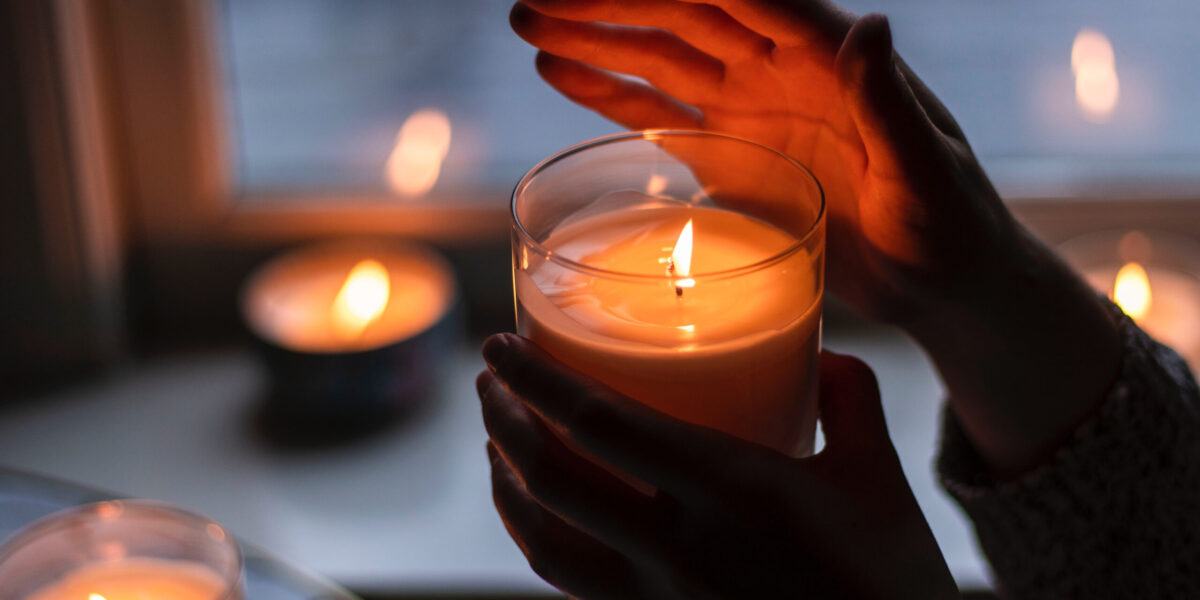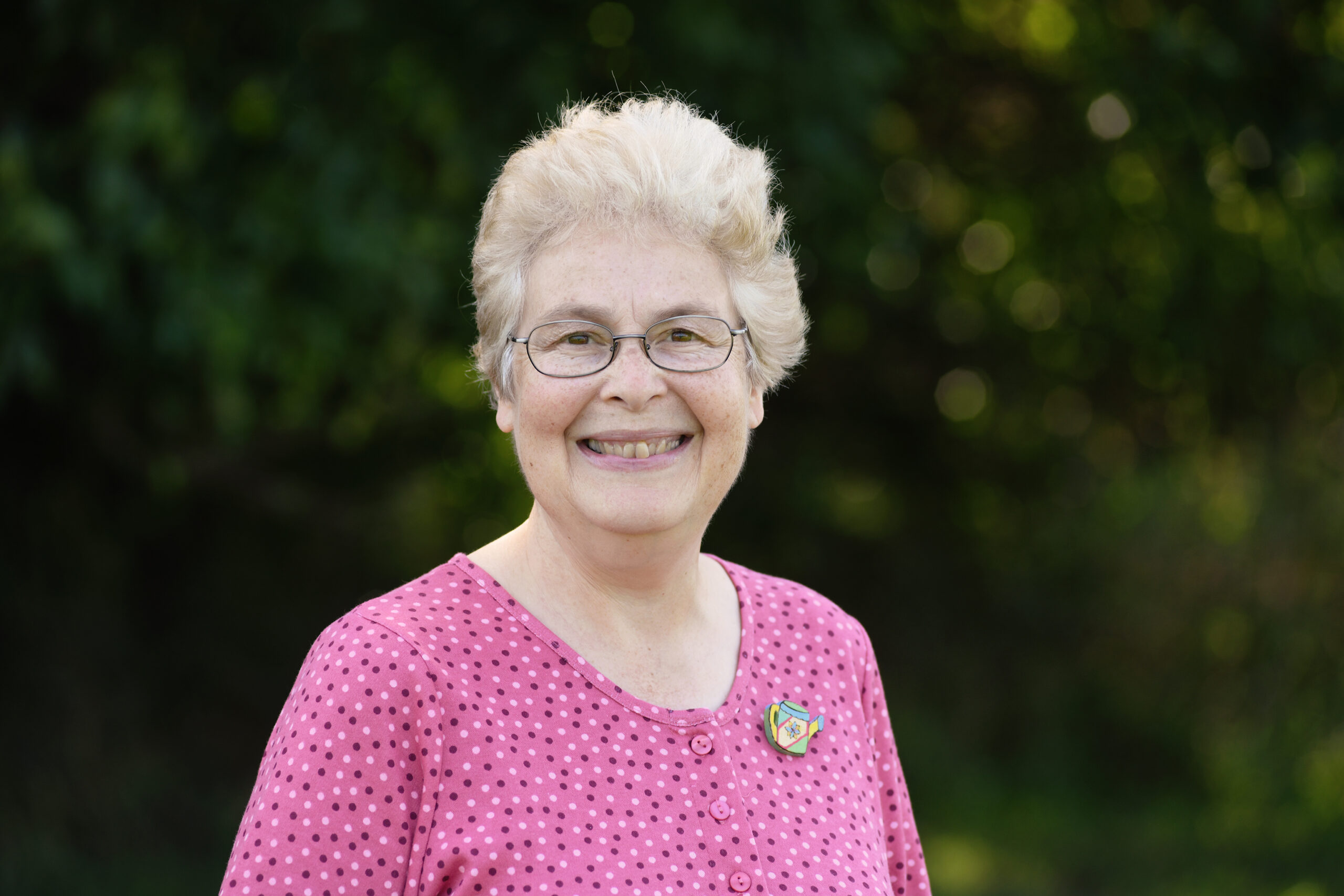On February 24, the Russian troops who had been massing for weeks on the Ukrainian border finally made their move. "We are living in a new reality," a friend in Ukraine texted. His family had awakened to the sound of distant explosions.
Although I left Ukraine a few months ago after serving with Mennonite Mission Network for 12 years, it’s a "new reality" for me, too, even though nothing has changed in my immediate surroundings in St. Louis. I feel dazed and unable to settle down, endlessly scrolling through Facebook posts seeking bits of news about my friends. "We’re okay, but not fine," wrote a couple who have been spending their nights in Kyiv bomb shelters. Maybe I know what they mean.
What does this new reality require of me? I long for information about my friends’ whereabouts, but I can’t get it without pestering them, so I send corny emojis instead, hoping for a response. I want to reassure them, yet I need reassurance myself. Surely, my real calling during these troubling days is to pray. Yet I struggle to focus, to find words and conviction. Does my prayer really do any good? It seems hard to believe, given the circumstances.
As I flail about to regain my balance, I’m helped by the words of a Baptist pastor. He is from Balakliia, a city in the "gray zone" close to Ukraine’s contested border with the separatist Donetsk People’s Republic. Five years ago, there was an explosion in a munitions depot there. Whether it was an accident or an act of sabotage, the blast made thousands of people temporarily homeless. The pastor organized church members to ferry people to safety in their cars. Later the church provided hot meals for their neighbors for more than a week. Reflecting back on the experience, the pastor said, "During that time, I was grateful for everything I had ever learned about listening to God’s voice."
In other words, he had no well-developed disaster plan. When his reality changed, he just went with what he knew, and God was with him. Can I do the same? What do I already know about intercessory prayer — the act of praying on behalf of others?
"Pray as you can, not as you can’t." I’m trying to take this good advice to heart. The internet is full of prayer lists, but sometimes all I can manage is a litany of names: Oleg. Natasha. Zhenya. Sveta. Is that a prayer? I trust that it is. I’m also finding great comfort in the Psalms — especially reading them aloud.
"Praise first." The despair is deep, but that isn’t the whole story. God is good. God always has a plan. God has already triumphed. This isn’t wishful thinking, but a statement of truth. Praising God has the effect of lifting my heart and clearing my vision: "He brought me out into a spacious place…" (Psalm 18:19 NIV). Sometimes singing helps. I dug out an old Russian Baptist hymnal for that purpose.
"God doesn’t need my advice." Of course, I tell God what I would prefer to have happen, but I don’t know what’s truly best. My job is to invite God into the situation. "Thy will be done" signifies hope rather than resignation.
"Pray for the helpers." This is advice from Mr. Rogers. If I can do nothing else, I can pray for the people who are helping. I imagine a bus driver, a teacher, a person making sandwiches on the Moldovan border, a doctor, a chaplain, someone who runs a gas station. God grant them strength and wisdom.
"Be prepared for things to get worse before they get better." As soon as Moses came to the rescue, the children of Israel had to make bricks without straw (Exodus 5). Nevertheless, eventually God freed them from slavery in Egypt. I don’t know the timetable. My business is to persevere.
"We are living in a new reality." How can I deal with it except by praying? All I ever learned about intercessory prayer amounts to no more than five small barley loaves and a couple of fish. But that’s enough, and I’m grateful.








